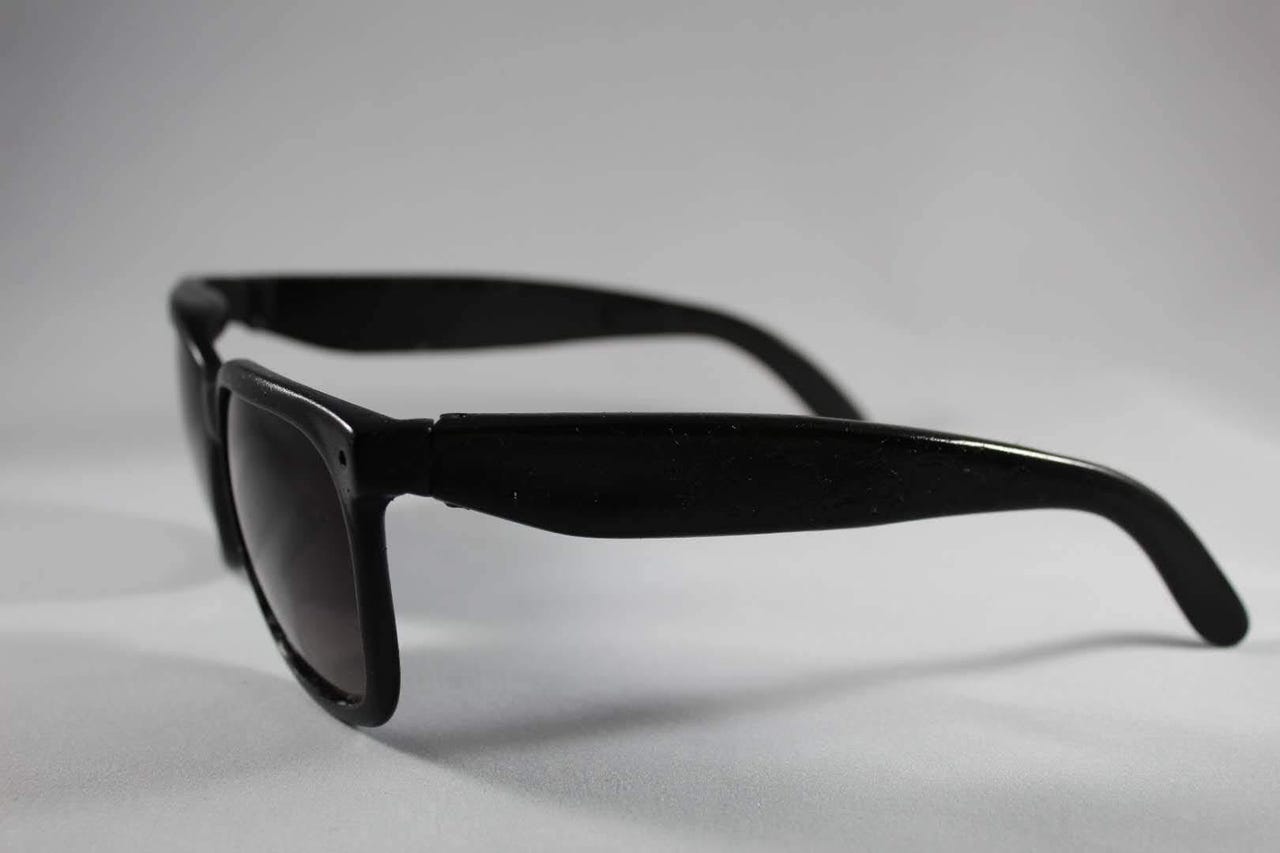These AR glasses actually look like ... glasses


We've seen a lot of impressive AR hardware the last couple years. We haven't seen much that you could fairly call stylish.
That's been the drawback of heads up AR since the dawn of the technology. No matter how appealing it might be to have access to a computer overlay on the real world, AR technology is going to be a tough sell if it makes you look like a cyborg. Or worse, a total dweeb.
Given just how big a roadblock the style factor has been to broad adoption, it's safe to say form factor may be as important as technical specs -- possibly more important -- when it comes to smart glasses passing the credibility threshold.
That's the philosophy that, beginning in 2015, motivated Charles Sun to begin developing a pair of smart glasses that could pass for Ray-Bans. In 2016 Sun founded Human Capable Inc., and by late 2018 the company completed core functionality on a prototype of their so-called Norm Glasses. Sun brought the glasses to this year's CES, where they were awarded a 2019 Innovation Award.
Discretion is the name of the game. All of the components are embedded discreetly inside the lightweight frames, including CPU, memory, storage, battery, speakers, microphones, camera, and optical system that can display digital information in the user's field of view. By focusing on sleekness, Human Capable Inc. managed to make what it says are the lightest among all smart glasses with display. Norm Glasses are even lighter than many audio-only smart glasses.
Crucially, these things look a heck of a lot like regular old sunglasses, including the temples, which fold up like normal eyewear. In fact, in addition to the core AR functionality, including voice activation and Android-based features like an integrated assistant, the glasses actually function as glasses should. Users can even have prescription lenses added at any old eyewear store.
The frames come in three sizes and will cost about $375. Human Capable Inc. is funding final development and first production through a Kickstarter campaign, which just launched.
In an earlier career Sun developed a voice-based platform for visually impaired people to interact with the digital world. Another of Human Capable Inc.'s products that draws on that legacy is a service that allows users to access any web page using voice, which is currently in development.